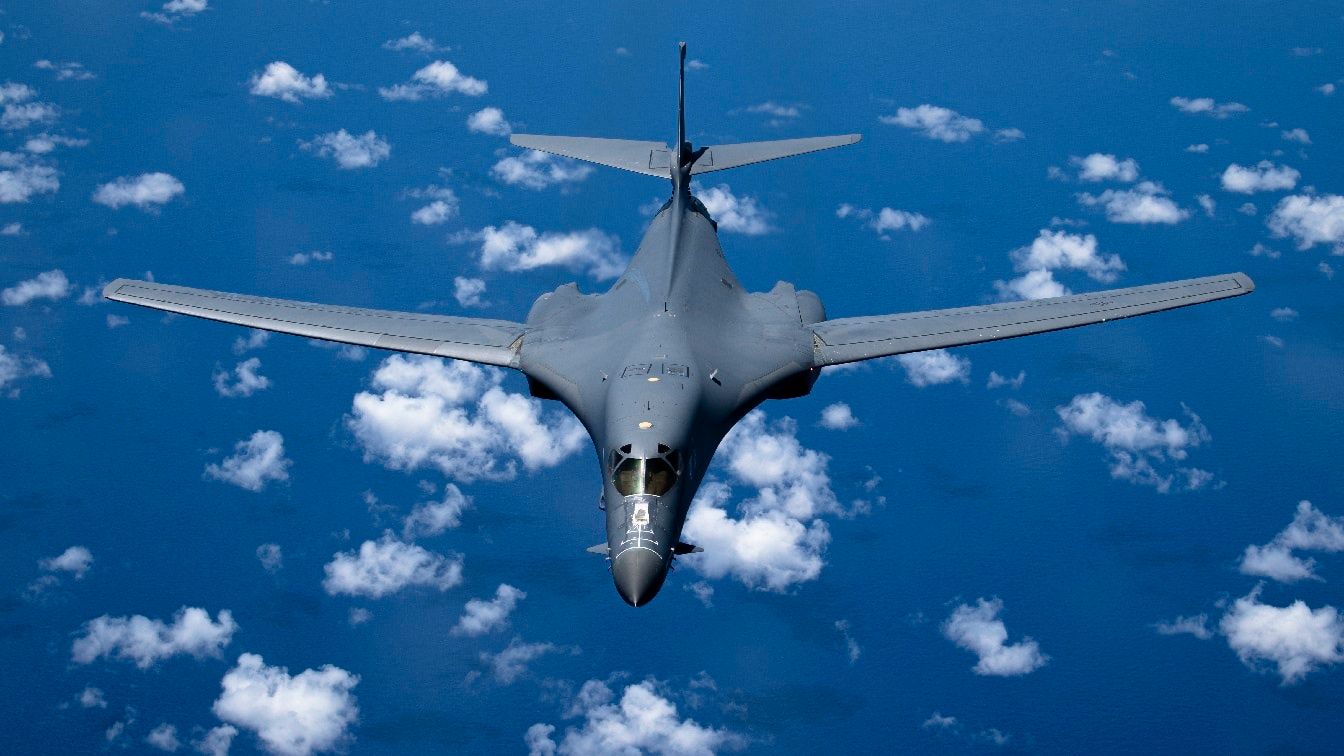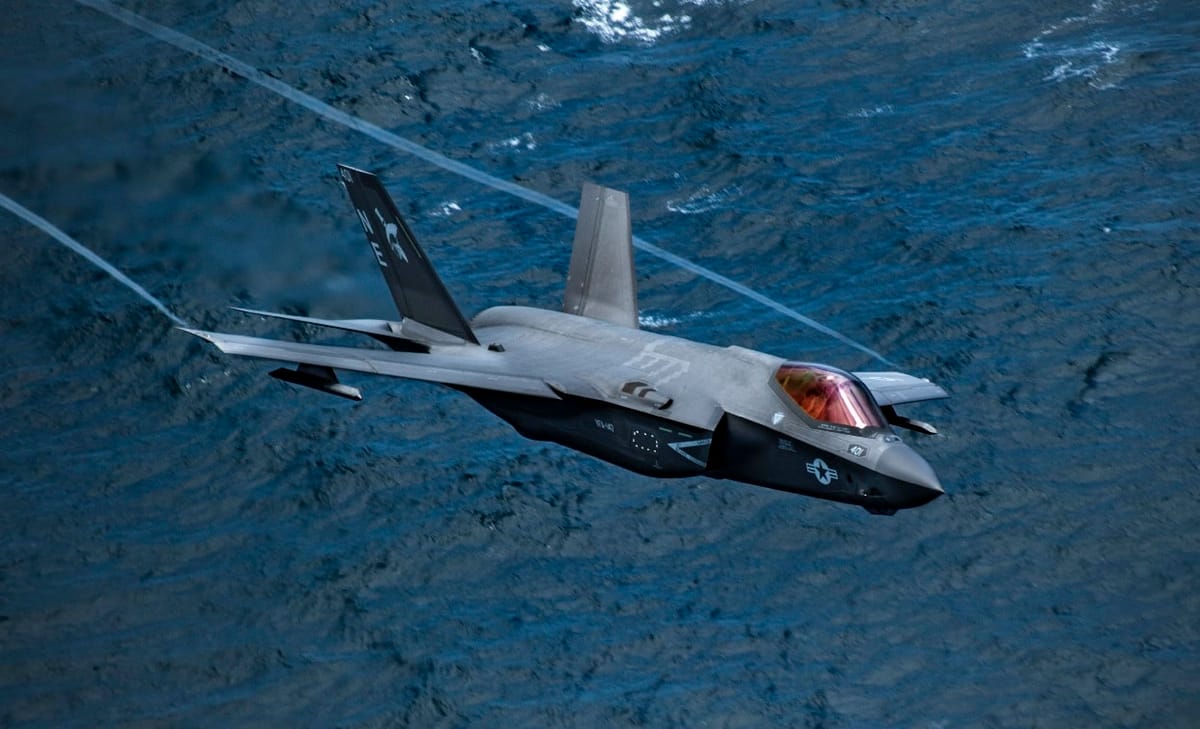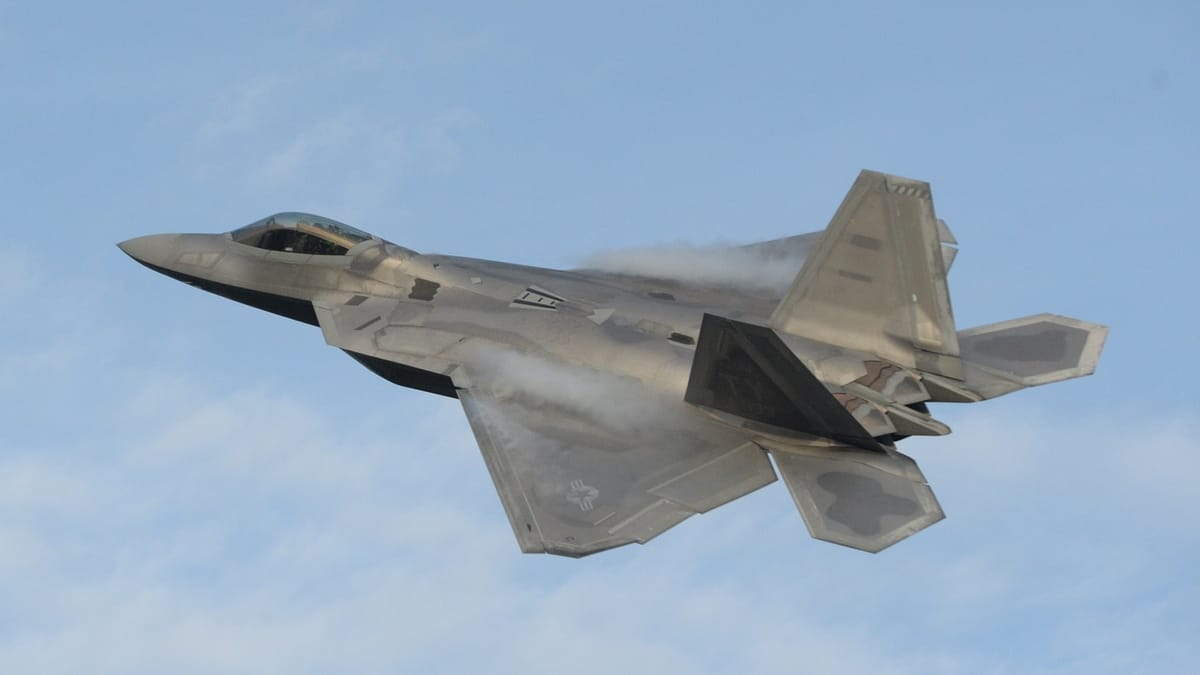Doug Bandow

The first step towards a U.S.-China war? House Speaker Nancy Pelosi’s trip to Taiwan exhibited the ostentatious arrogance and recklessness which has come to characterize US foreign policy. The attitude of Washington’s denizens is simple: we are masters of the universe, essential and powerful, and must be obeyed. Everyone on earth must submit to our majestic and supreme greatness.
In any other national capital, the catastrophic military disasters of the last two decades would have forced regime change. Multiple lost and botched wars. Tens of thousands of casualties, dead, maimed, and wounded, many scarred for life. Foreign nations destroyed. Hundreds of thousands of foreigners killed. Millions of people displaced, many never to return home.
Why does anyone look to Washington for leadership today?
In America, not one policymaker has been held accountable for this terrible mess of policy pottage. The world’s most important, powerful, militaristic nation is utterly unconstrained by consequences, exercising the reverse Midas touch and destroying most everything in its way.
Today Obama administration retreads are in power, mainly implementing Trump administration policies. The result is bipartisan folly. The US again has turned the Europeans into craven security dependents, despite their contrary protestations; assumed America’s traditional position of sycophantic submission to the Saudis and Israelis while threatening war against Iran; and raised military tensions with China, challenging red lines that could result in a full-scale war with the world’s second most powerful nation.
Although danger seemingly lurks everywhere, today, Taiwan is the most combustible international issue facing America.
Pelosi’s recent visit reflects irresponsible personal vanity. Unlikely to remain speaker after the November election, which is expected to deliver a Republican majority, she wants to play global stateswoman and receive praise from adoring acolytes around the world before her power dissipates. The Taiwanese government welcomed her—it could hardly do otherwise—but local misgivings were significant. Locals realized that they would pay a high price for her political vanity.
Of course, she posed as defender of the oppressed and savior of the threatened, presenting her visit as a show of US support for Taiwan. Apparently, she imagined that her presence would act as a magical talisman, perhaps even making her a patron saint of sorts, protecting the island state, which is not formally recognized by America. After all, the superstitious ChiComs would not dare act against a land she has visited. Right?
In fact, Taiwan did not face immediate assault. Beijing had no present plans for invasion and will not create a military crisis without careful planning and, more important, compelling circumstances. Nor was there ever a chance of interdicting let alone downing her plane: if the Chinese leadership chooses war, it will do so on its terms, not those of a vainglorious, likely lame duck American politician.
Although Washington officials have trouble imaging their actions having consequences—after all, the cost is usually borne by others—the self-centered and short-sighted Pelosi trip will have impacts, both short- and long-term. The immediate is to chill US-China relations and intensify PRC pressure on Taipei.
For instance, Beijing responded by cutting back bilateral contacts with the US in a number of areas. Reported PBS: “On Friday, China’s Foreign Ministry said dialogue between U.S. and Chinese regional commanders and defense department heads would be canceled, along with talks on military maritime safety. Cooperation on returning illegal immigrants, criminal investigations, transnational crime, illegal drugs and climate change will be suspended, the ministry said.”
While none of these talks is vital, and some might eventually be revived, China’s decision presages a potentially permanent downgrade in US-PRC relations. This would minimize the good that might be accomplished from bilateral cooperation and exacerbate problems and disagreements, with ill will suffusing even the most minor controversies. Given a relationship already so fraught with disagreement and hostility, the new normal seems likely to lower the threshold for diplomatic breakdown, violent confrontation, and even war.
Beijing’s changing approach to Taiwan could prove even more dangerous. Americans who imagine the issue is peripheral ignore the island’s complicated history and role as Chinese nationalistic totem. Belief that Taiwan is properly part of China is as close to unanimous as one can imagine, running from masters of Zhongnanhai to students in college classrooms. Indeed, social media commentary on Pelosi’s visit included calls to shoot down her plane.

Image of F-35 at sea. Image Credit: US Navy Flickr.
Nor is Beijing’s choice simply invasion or not. The PRC has manifold means to pressure the island state. Invasion is a last resort, almost desperation measure, to be adopted if everything else has failed. There are a multitude of interim steps, which are likely to be activated in the coming days.
For instance, the Pelosi visit triggered a veritable ocean blockade, with live-fire exercises encircling Taiwan. China has never acted this close to the main island, coming within the standard 12-mile territorial waters for any nation. These activities offer preparation for a possible formal blockade. Beijing also imposed some trade restrictions—minor, but, again, a potential test for more significant concerted future action. Willingness to tolerate any form of separate international identity for Taiwan is likely to disappear, with even greater effort applied to flip the baker’s dozen small nations, plus the Vatican, that still recognize Taiwan, aka the Republic of China.
Of greatest concern, China is likely to permanently raise the military temperature in the strait. There will be more aerial intrusions, naval maneuvers, and missile tests. The purpose will be to simultaneously disrupt Taiwanese life and convince the Taipei government that it would be better to negotiate than resist. The US cannot easily respond. Operating more than 7000 miles from home, and only about 100 miles from the PRC, the American military will aways be at a disadvantage, especially if local allies, most importantly Japan and South Korea, seek to mitigate their risks. Today the latter two might talk big regarding possible future contingencies. That does not mean they will confront China tomorrow.
And Beijing could do more. Regularly holding military exercises and disrupting traffic to Taiwan would assert the PRC’s territorial claim, punish the Taiwanese for their US connections, and embarrass the US, unless Washington proved willing to stage a military confrontation with no likely positive outcome. If the US did act, how far would it go in a military game of chicken so close to China?
Pelosi’s PR theater will have additional, longer-term consequences. Allied states, having lived through the disastrous Bush II and bizarre Trump administrations, are highly sensitive to Washington’s extended bouts of arrogance, irresponsibility, and incompetence. The Biden administration’s addition to the list will discourage allied and friendly states from signing on with the US in future anti-China programs, given concern over what other surprises Washington might have in store.

An F-22 Raptor from Tyndall Air Force Base prepares to land at MacDill AFB for AirFest 2016, March 18, 2016. The F-22 was set up as a static display for visitors to get an up-close look at the world’s best air dominance fighter. (U.S. Air Force photo by Airman 1st Class Cody R. Miller/Released)
Pelosi’s escapade comes when the Chinese were giving Americans a diplomatic opening. For instance, there is increasing Asian concern over PRC truculence. So-called Wolf Warrior Diplomacy has damaged relations with Australia and other governments. South Korea has taken tentative steps toward cooperating with both the Quad and NATO. Tokyo has begun speaking of its security interest in a peaceful Taiwan Strait.
However, risking military confrontation with the PRC, which would turn their nations into wartime targets, would be a dramatic escalation. In considering such a risky course, none of these nations will support what appears to be a gratuitously inflammatory course, which offers no positive benefits. Yet again the US appears determined to demonstrate that it cannot be trusted to act responsibly.
Moreover, the Pelosi escapade likely has changed Beijing’s assessment of Taipei. Chinese attitude toward any attempt to promote Taiwanese independence or separatism long has been neuralgic. The PRC increasingly sees the US changing the status quo, which includes Washington’s commitment to the “one China policy.”
The Trump administration took steps to promote Taipei’s unique international identity. Top policymakers such as Trump’s national security adviser (John Bolton) and secretary of state (Mike Pompeo) now advocate diplomatic re-recognition of Taiwan. President Biden has thrice said the US would defend Taiwan, statements that his aides’ subsequent disavowals could not erase. America’s top legislative official, second in line for the presidency, has just visited, appearing to conduct official business in Taipei.
As a result, China is likely to prepare its coercive options, diplomatic, economic, and military, more seriously. As well as speed plans to force reunification. Rather than dissuade the PRC from acting, Pelosi almost certainly has accelerated what is likely to become a political and economic crisis, and which could easily turn into a military crisis. Washington cannot expect Beijing to back down: Taiwan matters far more to China, its people as well as leaders, than America. The PRC consequently will spend and risk much more. The scary outcome could be the first largescale war between two nuclear powers, with the ever-present threat of nuclear escalation.
Some military action is even possible in the near future. The most vulnerable territorial targets would be Matsu and Kinmen (historically Quemoy) Islands, which lie just a couple miles off China’s coast. These small islands were the subject of artillery duels during the Cold War. When I visited Taiwan in the mid-1980s Kinmen was still little more than a military outpost, dominated by Taipei’s armed forces which were expected to hold off the PRC hordes. However, that changed as Chinese-Taiwanese relations warmed. Today ferries run regularly from the Mainland to Kinmen. Beijing could shut down the civilian traffic and seize the indefensible islands. Would Washington go to war with the PRC in an attempt to retake them?
A Chinese attack still seems unlikely. It would result in bloodshed, though not nearly as much as attacking the main island. It would dramatically signal Beijing’s impatience without suffering the consequences from launching a full-scale attack. Who among China’s critics would be willing to put their people’s lives on the line and intervene militarily to recover relatively insignificant islands? Who would put their financial probity on the line and cut off economic ties with the PRC, as was done against Russia? The world likely would just watch.

PACIFIC OCEAN (July 30, 2009) During exercise Stellar Avenger, the Aegis-class destroyer USS Hopper (DDG 70) launches a standard missile (SM) 3 Blk IA, successfully intercepting a sub-scale short range ballistic missile, launched from the Kauai Test Facility, Pacific Missile Range Facility (PMRF), Barking Sans, Kauai. This was the 19th successful intercept in 23 at-sea firings, for the Aegis BMD program, including the February 2008 destruction of a malfunctioning satellite above the earthÕs atmosphere. (U.S. Navy photo/Released)
However, initiating violent military action would cross a red line. Regional tensions would explode. US-Chinese relations would crash. And countries throughout the region, from US allies to formally nonaligned states, such as India and Indonesia, would have to consider the necessity of speeding rearmament and cooperating with America. The world would become substantially more dangerous.
The best case today is a stand-down by both sides. However, the Pelosi visit evidently is shifting Beijing’s calculations, and not toward quiescence. A crisis in the Taiwan Strait was always possible. Now it looks likely.
Nancy Pelosi’s intentions ultimately are unimportant. Whether intending a final ego power trip or Taiwan pep rally, she has placed the island state in greater danger while undermining the foundation of America’s relationship with China. Her legacy could be to accelerate the deterioration of bilateral relations and smooth the path to another great war in the Asia-Pacific, this one between nuclear powers. Foolish and reckless barely suffice to describe her actions.
No comments:
Post a Comment